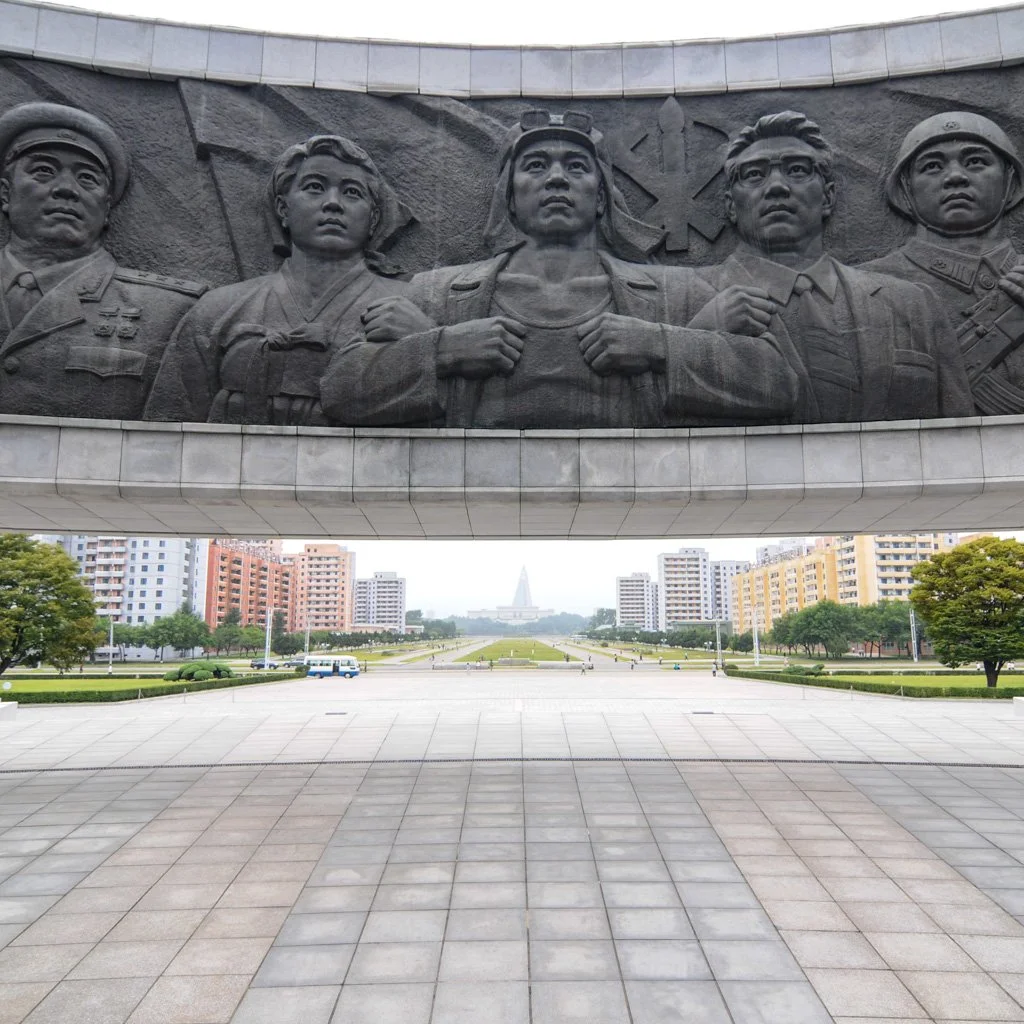The China-led $100 billion Asian Infrastructure Investment Bank (AIIB) has nearly come into existence just a year after Xi Jinping proposed it. Twenty one countries signed a memorandum of understanding Friday on establishing the new multilateral bank. China will have a stake of up to 50% in the AIIB, compared to just 6.5% in the Asian Development Bank (ADB). This has implications reaching far and wide, and has generally been viewed as a challenge to the US-dominated IMF/world bank complex and the Japan-led ADB.
It has caused some debate among US allies in the region, with Australia and South Korea notably prevaricating on joining and probably just delaying the inevitable. Less noted is that it has also added a carrot to China’s toolbox of vegetable inducement metaphors in dealing with North Korea.
North Korea is cut off from World Bank and ADB development funds and it is difficult to see anything other than a full denuclearization and a serious human-rights review leading to cooperation between the DPRK and those financial institutions, which are largely controlled by the US and its allies. China’s baseline for “good behavior” from North Korea is significantly lower than that of the US: it is not difficult to imagine a scenario in which North Korea could be rewarded for progress on the nuclear issue with AIIB loans for development. It certainly could be part of a package deal. Major development projects could help underwrite systemic legitimacy in some ways; that might very well be a pitch that the Chinese will make to the Korean side at some point.
Note, however, that the AIIB MOU is happening at the same time as the DPRK is making a curious choice regarding borders and ebola, while the nuclear issue remains a stagnant, long term problem. So let’s not assume that an AIIB-Pyongyang project will happen anytime soon.
What will be happening more immediately is that Russia’s role in North Korean financing is going to increase: Russia has started interbank transactions with North Korea in the ruble. This little-noted news item comes at a time when Russia is looking for friends, its banks are increasingly squeezed by sanctions and the DPRK is looking for additional channels to move funds in and out of the country. After all, North Koreans increasingly complain that Chinese banks won’t do business with them.
This is therefore potentially a lifeline for DPRK businesses. Even though the vast majority of trade will still have to go through China, the banking deal, Russia’s investment in Rason and the massive 2012 debt forgiveness of $11bln USD and now direct trade in rubles means that North Koreans will increasingly try to move funds through Russia to elsewhere. They will also see businesses in Russia’s Far East as increasingly easy trading partners. We will probably even start to see Russian middlemen selling Chinese goods to Koreans through Primosky Krai*.
For the DPRK, Russia can never balance China the way it could during the Cold War, but this will help.
*Author would like to know if it is racist that he thinks “Primorsky Krai” sounds Klingon.











